What is a Carbon Filter in a Water Purifier and What Does it Remove?
In the realm of water purification, carbon filters play a crucial role in improving water quality and ensuring safe drinking water. Whether you’re considering a water purifier for your home or simply curious about how these filters work, understanding the fundamentals of carbon filtration is essential. Let’s explore what a carbon filter is, how it operates, and what contaminants it effectively removes to provide clean and healthy drinking water.
What is a Carbon Filter?
A carbon filter, often referred to as activated carbon or charcoal filter, is a type of filtration system used in water purifiers to remove impurities and contaminants from water. It is made from activated carbon, which is derived from materials such as coconut shells, wood, or coal. The activation process involves heating the carbon to create tiny pores or ‘activated’ sites that increase its surface area and enhance its ability to adsorb impurities.
How Does a Carbon Filter Work?
The effectiveness of a carbon filter lies in its ability to adsorb contaminants through a process called adsorption (not to be confused with absorption). Adsorption involves the attraction and binding of particles onto the surface of the carbon filter. As water passes through the filter, contaminants such as:
- Chlorine: Carbon filters are highly effective at removing chlorine and chloramine, chemicals commonly used to disinfect municipal water supplies. These chemicals can impart a strong taste and odor to water, which carbon filters can significantly reduce or eliminate.
- Volatile Organic Compounds (VOCs): VOCs like benzene, pesticides, and herbicides can leach into water sources and pose health risks. Activated carbon filters can trap these organic compounds, improving water safety and taste.
- Bad Tastes and Odors: Carbon filters enhance the taste and odor of water by removing organic compounds responsible for unpleasant flavors and smells, ensuring refreshing and palatable drinking water.
- Some Heavy Metals: While not all carbon filters can remove heavy metals, certain types can effectively trap metals like lead, mercury, and copper. However, for comprehensive heavy metal removal, specialized filtration systems like reverse osmosis (RO) may be necessary.
Types of Carbon Filters
There are two main types of carbon filters commonly used in water purification systems:
- Granular Activated Carbon (GAC):
- Structure: GAC filters consist of loose granules of activated carbon.
- Application: They are effective in removing larger contaminants and improving taste and odor.
- Usage: Typically used in point-of-use (POU) systems like faucet-mounted or pitcher filters.
- Carbon Block Filters:
- Structure: Carbon block filters are made from compressed carbon particles.
- Efficiency: They offer a denser filtration medium compared to GAC, providing better filtration efficiency and longer filter life.
- Application: Ideal for whole-house filtration systems and under-sink purifiers due to their higher capacity and effectiveness in removing a wider range of contaminants.
Benefits of Carbon Filters
- Effective Taste and Odor Removal: Carbon filters enhance the overall taste and smell of water by reducing chlorine and organic compounds.
- Chemical Reduction: They significantly reduce exposure to harmful chemicals like chlorine and VOCs, improving water safety.
- Affordability and Maintenance: Carbon filters are cost-effective and easy to maintain, requiring periodic replacement to ensure optimal performance.
Limitations of Carbon Filters
- Not Suitable for Dissolved Solids: Carbon filters are not designed to remove dissolved minerals and salts, which may require additional filtration methods such as RO for comprehensive purification.
- Limited Heavy Metal Removal: While some carbon filters can reduce heavy metals, their effectiveness varies, and specialized filtration may be necessary for thorough heavy metal removal.
Choosing the Right Carbon Filter
When selecting a carbon filter for your water purification needs, consider:
- Water Quality: Assess the specific contaminants present in your water and choose a filter that targets those impurities effectively.
- Flow Rate and Capacity: Ensure the filter can handle your household’s water usage without compromising performance.
- Maintenance: Check the manufacturer’s recommendations for filter replacement intervals and ease of maintenance.
Aquafresh RO Purifier
Aquafresh RO Purifier stands as a beacon of advanced water purification technology in India, renowned for its efficiency in removing contaminants while retaining essential minerals. Trusted by households nationwide, it ensures clean and safe drinking water through its multi-stage filtration process. With user-friendly features and reliable performance, Aquafresh RO Purifier continues to set the standard for quality and innovation in the realm of water purification solutions.
Conclusion
Carbon filter is a fundamental component of many water purification systems, renowned for its ability to improve taste, remove odors, and reduce various contaminants. Whether integrated into a countertop pitcher or a whole-house filtration system, carbon filters play a vital role in ensuring clean and safe drinking water. By understanding how carbon filtration works and its capabilities in removing specific contaminants, you can make an informed decision to enhance water quality and promote better health for you and your family.
Related:- Distilled and Purified Water – Everything You Need to Know

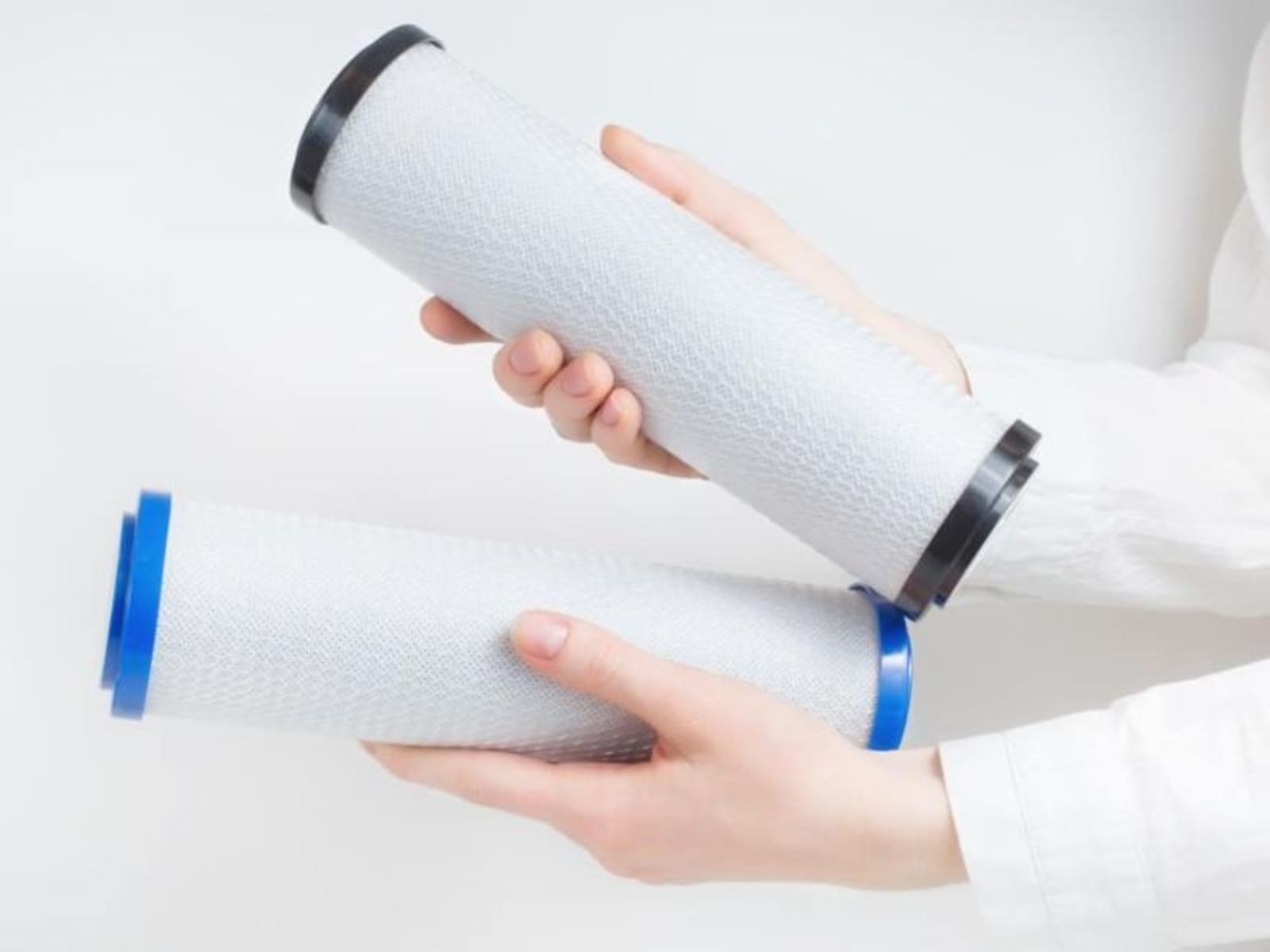
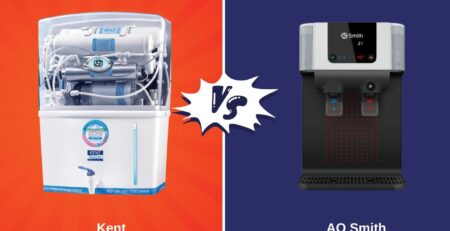
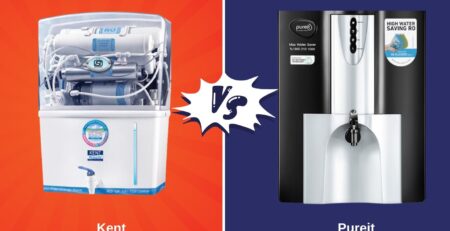

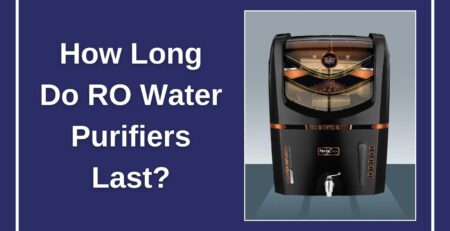
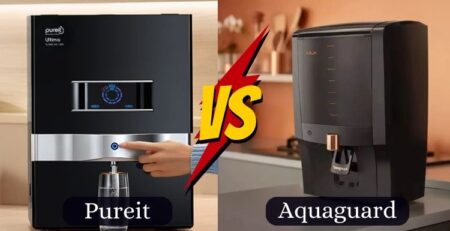
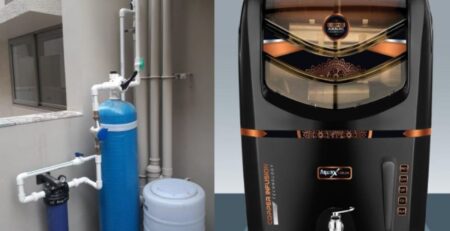

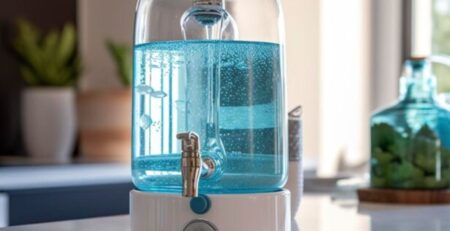

Leave a Reply